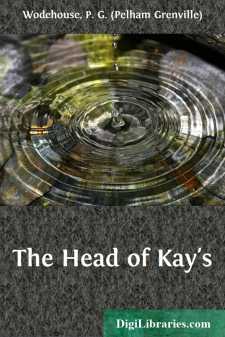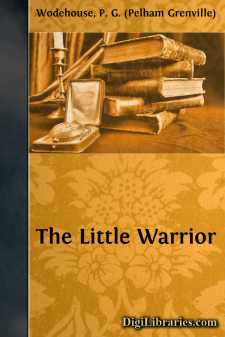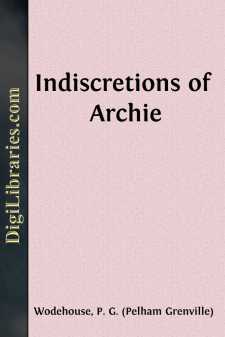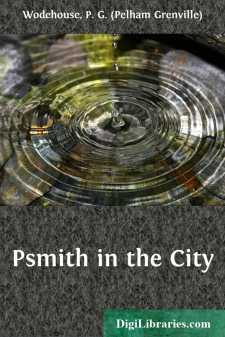Categories
- Antiques & Collectibles 13
- Architecture 36
- Art 48
- Bibles 22
- Biography & Autobiography 815
- Body, Mind & Spirit 144
- Business & Economics 28
- Children's Books 18
- Children's Fiction 14
- Computers 4
- Cooking 94
- Crafts & Hobbies 4
- Drama 346
- Education 58
- Family & Relationships 59
- Fiction 11835
- Games 19
- Gardening 17
- Health & Fitness 34
- History 1378
- House & Home 1
- Humor 147
- Juvenile Fiction 1873
- Juvenile Nonfiction 202
- Language Arts & Disciplines 89
- Law 16
- Literary Collections 686
- Literary Criticism 179
- Mathematics 13
- Medical 41
- Music 40
- Nature 180
- Non-Classifiable 1768
- Performing Arts 7
- Periodicals 1453
- Philosophy 65
- Photography 2
- Poetry 896
- Political Science 203
- Psychology 44
- Reference 154
- Religion 515
- Science 126
- Self-Help 85
- Social Science 83
- Sports & Recreation 34
- Study Aids 3
- Technology & Engineering 60
- Transportation 23
- Travel 463
- True Crime 29
Our website is made possible by displaying online advertisements to our visitors.
Please consider supporting us by disabling your ad blocker.
The Gem Collector
Description:
Excerpt
CHAPTER I.
The supper room of the Savoy Hotel was all brightness and glitter and gayety. But Sir James Willoughby Pitt, baronet, of the United Kingdom, looked round about him through the smoke of his cigarette, and felt moodily that this was a flat world, despite the geographers, and that he was very much alone in it.
He felt old.
If it is ever allowable for a young man of twenty-six to give himself up to melancholy reflections, Jimmy Pitt might have been excused for doing so, at that moment. Nine years ago he had dropped out, or, to put it more exactly, had been kicked out, and had ceased to belong to London. And now he had returned to find himself in a strange city.
Jimmy Pitt's complete history would take long to write, for he had contrived to crowd much into those nine years. Abridged, it may be told as follows: There were two brothers, a good brother and a bad brother. Sir Eustace Pitt, the latter, married money. John, his younger brother, remained a bachelor. It may be mentioned, to check needless sympathy, that there was no rivalry between the two. John Pitt had not the slightest desire to marry the lady of his brother's choice, or any other lady. He was a self-sufficing man who from an early age showed signs of becoming some day a financial magnate.
Matters went on much the same after the marriage. John continued to go to the city, Eustace to the dogs. Neither brother had any money of his own, the fortune of the Pitts having been squandered to the ultimate farthing by the sportive gentleman who had held the title in the days of the regency, when White's and the Cocoa Tree were in their prime, and fortunes had a habit of disappearing in a single evening. Four years after the marriage, Lady Pitt died, and the widower, having spent three years and a half at Monte Carlo, working out an infallible system for breaking the bank, to the great contentment of Mons. Blanc and the management in general, proceeded to the gardens, where he shot himself in the orthodox manner, leaving many liabilities, few assets, and one son.
The good brother, by this time a man of substance in Lombard Street, adopted the youthful successor to the title, and sent him to a series of schools, beginning with a kindergarten and ending with Eton.
Unfortunately Eton demanded from Jimmy a higher standard of conduct than he was prepared to supply, and a week after his seventeenth birthday, his career as an Etonian closed prematurely. John Pitt thereupon delivered an ultimatum. Jimmy could choose between the smallest of small posts in his uncle's business, and one hundred pounds in banknotes, coupled with the usual handwashing and disowning. Jimmy would not have been his father's son if he had not dropped at the money. The world seemed full to him of possibilities for a young man of parts with a hundred pounds in his pocket.
He left for Liverpool that day, and for New York on the morrow.
For the next nine years he is off the stage, which is occupied by his Uncle John, proceeding from strength to strength, now head partner, next chairman of the company into which the business had been converted, and finally a member of Parliament, silent as a wax figure, but a great comfort to the party by virtue of liberal contributions to its funds....












